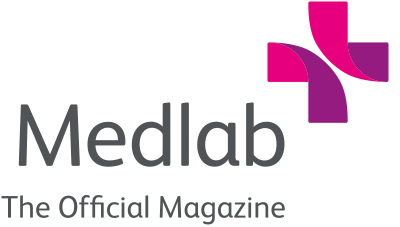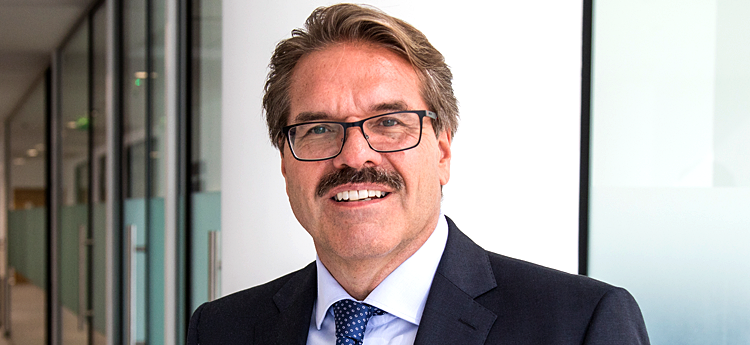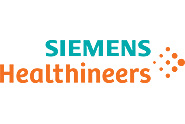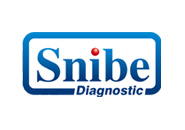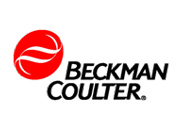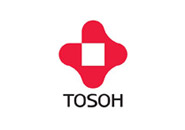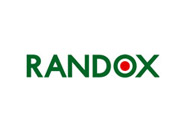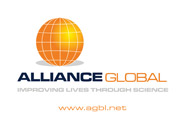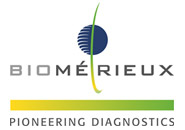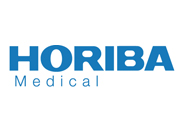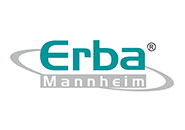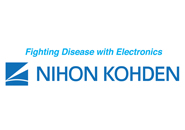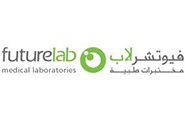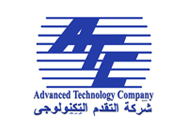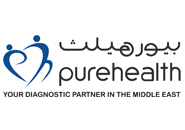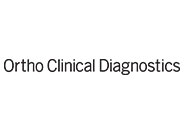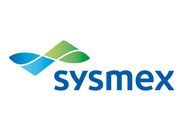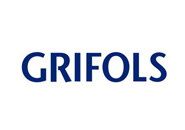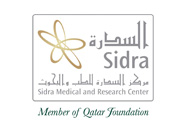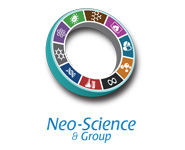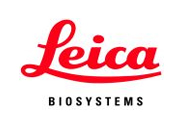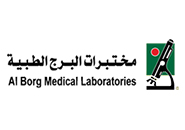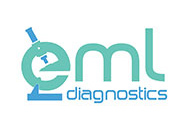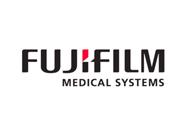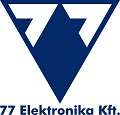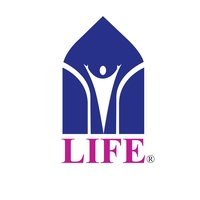Focus on Efficiency
By Deepa Narwani, Informa Life Sciences, Dubai, UAE , 19 December 2016
Harald Wolf, General Manager, Roche Diagnostics Middle East, sat down with us following the 34th ISBT to discuss the new innovations displayed at the show along with the company’s future plans.
At the recently concluded 34th International Conference of ISBT in Dubai, Roche Diagnostics showcased a number of powerful blood safety innovations. These cutting-edge solutions enable blood banks in the Middle East and around the world to deploy the high-sensitivity blood screening solutions needed to secure blood supplies so vital to patients.
Harald Wolf, General Manager, Roche Diagnostics Middle East explains that Roche has a “20-year history of blood banking solutions.” In a fast moving field, there are, he continues, constantly new developments on the horizon. Wolf’s big news is the company’s latest serology technologies on display in the Middle East for the first time. Scheduled for launch in early 2017, these innovations underline the company’s overall strategy of full automation, boasting a whole host of safety features and a high-throughput analyser for serology testing.
Wolf, who has a proven track record with the Roche, clearly relishes his new challenge in the region, describing the Middle East market as being exciting due to its penchant for adopting the latest technologies; in contrast to other markets that tend to stress cost savings and ensuring compatibility with legacy systems.
“The Middle Eastern market is very dynamic. It is very interesting to see the diversity of the different countries here. The industry continues to evolve and so is Roche Diagnostics Middle East with it. We firmly believe it was the right decision to be as close to our partners in the region as possible. This is where we see the importance of the in vitro diagnostic market because when you look at this, more that 60% of all of the decisions that have been made by physicians are based on the diagnostic results. On the other hand, only two per cent of the entire total healthcare costs are related to in vitro diagnostics, so you see the huge difference. There is tremendous value in what we do as a company and that is exactly what our team has been doing over the last few years and this will continue in the future.”
Key Trends
Asked about his thoughts on the key trends in the Middle Eastern market, Wolf is keen to point out that one of the major factors to consider is the growing population in the region, particularly the UAE, as well as countries such as Kuwait, that are seeing a large influx of expatriates.
He added that there is now a much greater emphasis being put on quality and standardisation and that, while a lot of changes have been made, there are - he believes - further improvements that can be made.
Rapidly expanding healthcare infrastructure in the region and the growing focus on building a global hub for medical tourism will, he continues, “increase the level of healthcare available to people.” Wolf stresses that the healthcare tourism trend is not unique to the UAE, explaining that “Saudi Arabia’s 2030 strategy has a special focus on expanding medical tourism. This trend will help in improving the overall healthcare services throughout the region.” As such, he stresses that though the market is growing, Roche Diagnostics can capitalize on market conditions and aid in that growth, this can be possible only if they have the right solutions available for customers and their specific needs. “From a portfolio point of view, we are well-prepared across the in vitro diagnostics market; not only for molecular diagnostics but also in centralised diagnostics as we offer customised solutions to meet the different demand of partners,” he added.
Future Growth
Fully automated solutions are another important trend that is gaining traction in the diagnostics field. According to Wolf, automation that offers consolidated solutions has a great deal of benefits. First is efficiency as it allows for conducting more tests, and thus, making them more cost effective.
Wolf explains that, “today in our labs, depending on the customers needs, we can put different instruments together. There are also the pre-analytic systems which are very user-friendly for technicians to utilize; they just have to load the samples and the instrument runs automatically. It is also a lot faster. The second benefit is that you significantly minimize the direct interaction, making it safer for the patient as well as for technicians in the laboratory this way they won’t be contaminating the samples.” Wolf carries on expanding on the fact that Roche is the only company that can provide fully connected pre-analytics and serology testing. The philosophy behind this is to provide fully-connected and fully-automated solutions. “With these technologies, laboratory technicians are not blocked by the instruments; they can walk away and focus on other areas. This again is an additional efficiency factor,” he added.
Talking about the challenges facing the diagnostics market, Wolf cites the fact that populations in the region are getting older and in turn prevalence of conditions such as diabetes and cardiovascular disease are high in this part of the world.
“From a healthcare system point of view” he says, “those are the challenges, and then the question arises of how you tackle them? This can be achieved by being more efficient, and looking at how you can run your laboratory more efficiently.”
In terms of the future, Wolf said the company is looking to further invest in the Middle East in order to support all of their partners in the different countries.
“Our mission” he explains, “is to bring together all of the innovative solutions that the company has developed over here into the region. From a focus point of view, Blood Safety Solutions are very important but also looking into certain diseases, cardiac markers are very important. There also needs to be further discussions and activities about how we can help there as well.”
“Currently, it is exciting as the UAE fits very well with what we stand for as a company - innovation, high quality, and to have the best standard of care for patients and the best clinical outcome.”
